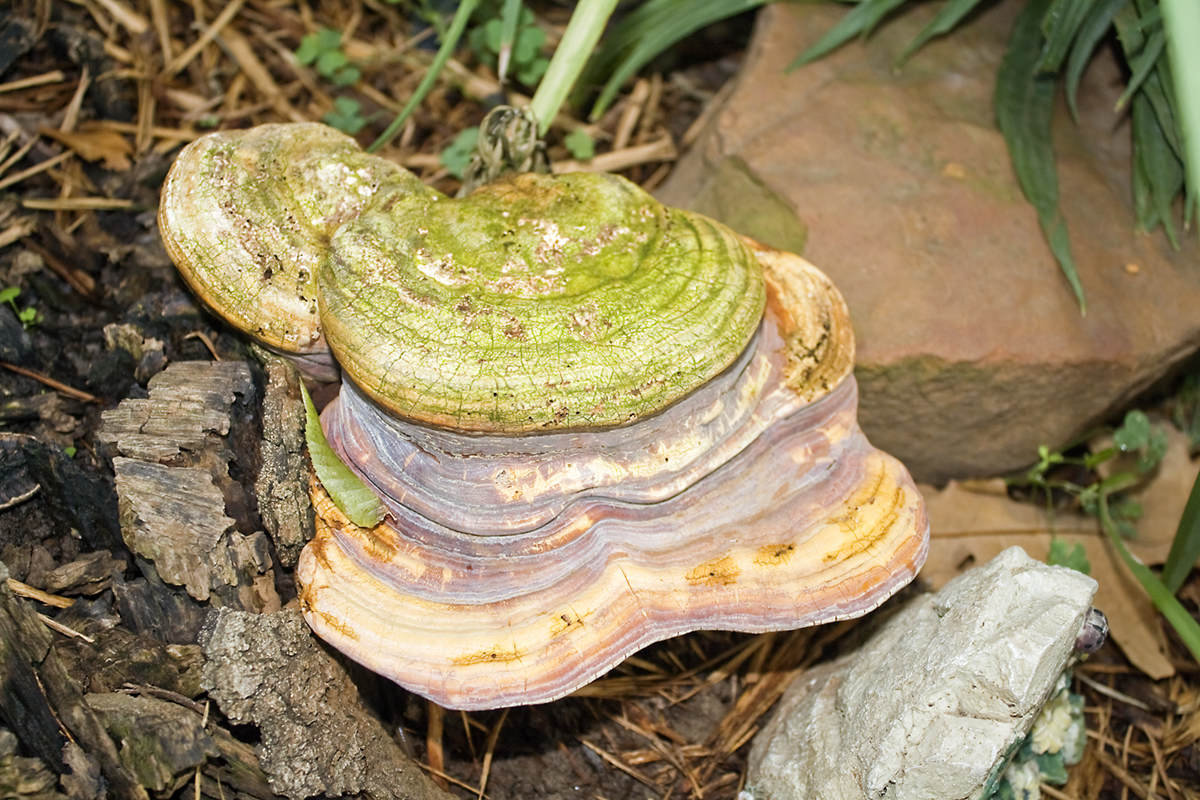
Lingzhi mushroom is also known under the name of ganoderma, reishi mushroom or even supernatural mushroom. Usually, as lingzhi, people use Ganoderma tsugae or Ganoderma lucidum species. This mushroom originated in Asia, and it has been used to treat people for about 4.000 years, being one of the oldest medicinal mushrooms.
In the old days, only the members of royal families could use this rare herb. Today, it is available to people worldwide and it is used as the integral part of traditional Chinese and Japanese medicine, to treat various medical conditions. Reishi mushroom is also listed in American Herbal Pharmacopoeia and Therapeutic Compendium.
How Beneficial is Lingzhi?
The main usage of lingzhi is in respiratory diseases. It is believed to heal the lungs and ease the coughing, so many people suffering from bronchitis and asthma experienced much needed improvement using this mushroom.
Hypertension (high blood pressure) patients and those needing the blood thinners also frequently use lingzhi. This mushroom should also improve the functioning of the heart and decrease the level of bad (LDL) cholesterol in the blood.
Tiredness and altitude sickness can also be managed withlingzhi.
Many products for skin care contain this mushroom. It is said to hydrate the skin, giving it elasticity and softness, but also preventing skin bacterial infections.
Potential Problems Associated with Lingzhi
Western world discovered ganoderma some time ago, and it became enormously popular very quickly. Some people are not aware that the use of lingzhi carries certain risks with it, and they should be. Of course, if you use moderate amounts of this mushroom, over the short period of time, it is likely you won’t experience any side effects. The amount of 2 to 10 grams of lingzhi per day is proven not to cause any harm to the human body.
However, people tend to use much larger quantities of ganoderma, especially if they use the tea made of it. Be very careful when consuming this tea (or broth, as it is already known as), because it contains high amounts of lingzhi than when eaten as the food.
The most common problems connected with the lingzhi are nosebleed, dry throat, stomach problems and blood in the stool. It mostly happens to people using lingzhi supplements for several months.
If you already had some allergic reactions to mold or fungi, don’t use this mushroom. Allergic symptoms might include: swelling and hives, but also breathing and chest problems.
Don’t combine lingzhi with hypertension or blood thinning medications, for you may seriously compromise your health. These situations might even prove to be fatal.
Pregnant women are advised not to use this mushroom, since it hasn’t been confirmed to be safe for the unborn child.


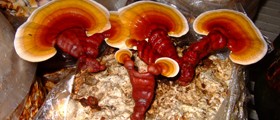


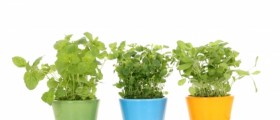
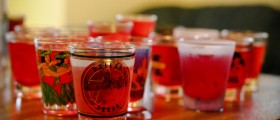
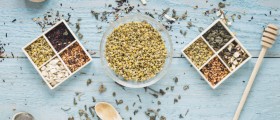


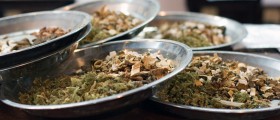
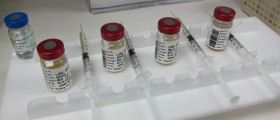


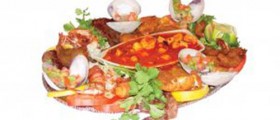


Your thoughts on this
Loading...